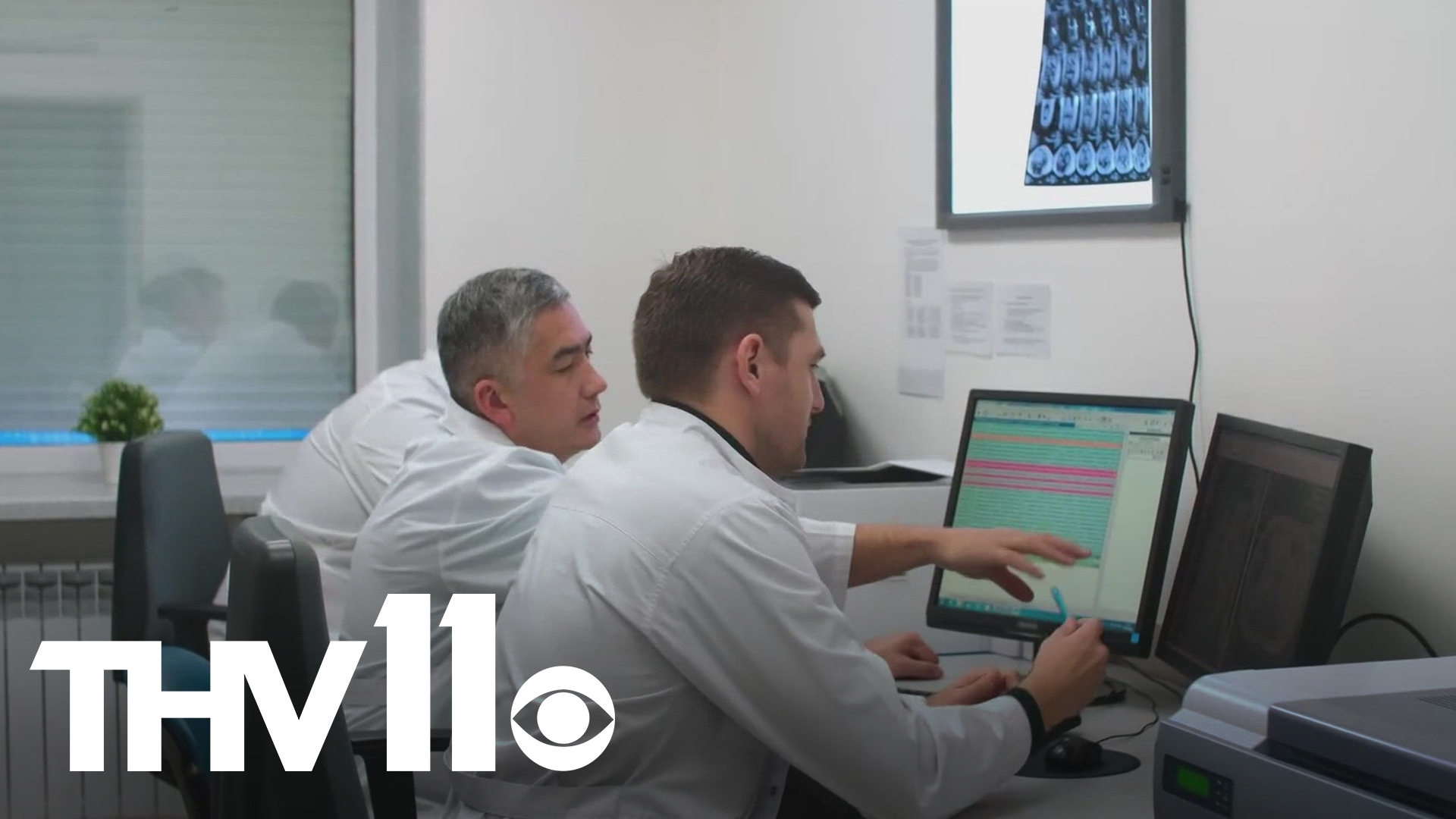LITTLE ROCK, Ark. — The University of Arkansas for Medical Sciences (UAMS) has now been awarded $31.7 million that will towards improving the healthcare system in the state of Arkansas.
"We are thrilled to receive this award, which keeps us in strong and close association with around 60 other institutions across the United States. This is called a CTSA award, and that abbreviation stands for Clinical and Translational Sciences Award. This is funded by the NIH to really support the infrastructure and projects to do clinical research projects that will really address health outcomes in Arkansas," said Dr. Laura James, Associate Vice-chancellor for Clinical and Translational Research.
Dr. James explained how they will first start by helping people who are living in rural areas across the Natural State.
"Our biggest goal is to make Arkansas a healthier place to be, our area of emphasis, in particular, is in addressing rural health and some of the challenges that we have with our populations who live in areas of the state where they have limited access to health care and limited opportunities to participate in research," she described.
The goal in mind for this grant is to help several programs with deeper research that will then provide Arkansans with better health care.
"We're really studying and evaluating the best ways for communities to uptake new practice guidelines or new medications. Anything that you know is viewed as a new way to improve human health. So, it's very broad, and that gives us a great opportunity here to use these funds to help meet a lot of needs," Dr. James said.
A portion of the grant will also be used to fund artificial intelligence services. The Chair of the Department for Biomedical Informatics, Dr. Fred Prior, explained that since 2020 when the COVID pandemic first started, researchers have been developing a new AI model in hopes of broadening its use.
"Many of our AI tools have been developed for cancer research, but what we're doing is applying them very broadly, and that's the real challenge is, how do we bring AI tools to bear in sort of novel research environments and questions? And so, a big part of the grant is to provide a framework where researchers can come and work with us to together figure out how we might apply AI to their problem," Dr. James said.
Dr. Prior says with expanding AI's use to detect someone's disease quicker.
"That's one of the real challenges that we're trying to focus on. So, my own research focuses on improving lung cancer screening by using a CT scan but having the AI do the first screen and only leaving the few that are questionable for the radiologist, thereby hopefully improving our ability to detect cancer early," Dr. Prior described,
Both Dr. James and Dr. Prior shared how they can't wait to see what the future holds with this grant.
"This is really kind of taking things a step further. So, the traditional way that we treat people is by testing different approaches. It may be a new medication, but there's a very kind of structured way in which that is done, and it's basically how everything, for the most part, comes into being as new ways to treat patients," Dr. James added.

